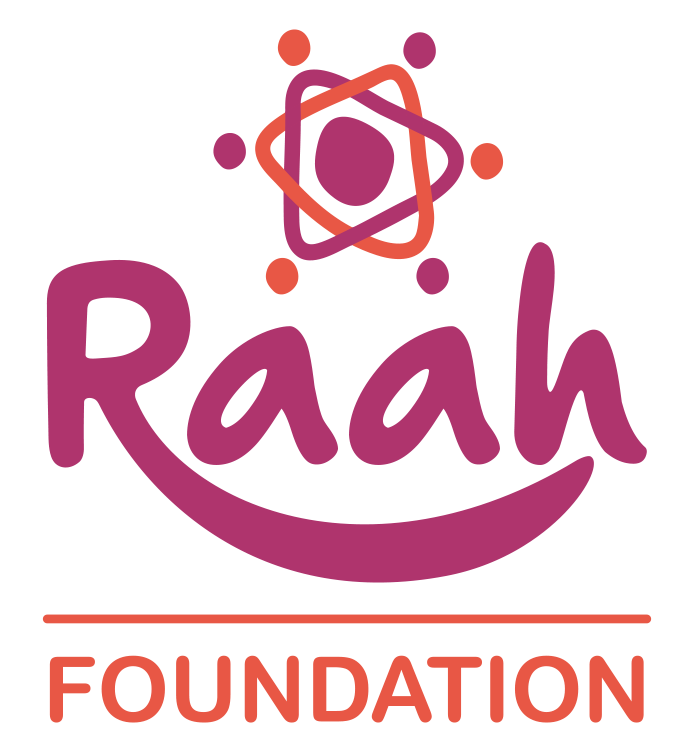Cause Area
Primary Sectors
Secondary Sectors
Financials
-
2022
Total IncomeRs.56,744,145Total ExpensesRs.57,633,311Tip: Click on any value above to exclude it. -
2023
Total IncomeRs.77,439,347Total ExpensesRs.82,976,886Tip: Click on any value above to exclude it. -
2024
Total IncomeRs.115,730,254Total ExpensesRs.118,269,805Tip: Click on any value above to exclude it.
Geographies Served
Programs
-
Sustainable Livelihood Programme
Sustainable livelihoods extend beyond traditional methods of poverty relief. This approach aims to enhance the economic, ecological, and social sustainability of individuals. The programme begins by identifying opportunities, extensively training interested women, and equipping them with the skills and confidence to manage various dimensions of poverty.
-
Skill Training Programme
This programme focuses on underprivileged youths from tier 2 and tier 3 cities. Upon enrollment, they receive comprehensive training in industry-relevant skills. Additionally, they receive placement assistance and ongoing support to overcome any challenges they encounter.
-
Water Security Programme
The Water Security Programme aims to strengthen the village's rainwater harvesting capacity using various structures to increase water supply, while a village-level water management committee is established to regulate usage. Employing scientific methods and hydrogeology, sustainable solutions are developed based on thorough area analysis and mapping.
-
Climate Smart Agriculture Programme
The Climate Smart Agriculture programme focuses on improving nutrition security and income levels for small tribal farmers by increasing productivity. It enhances stability by introducing crops that require less water, reducing vulnerability to climate risks. Efforts to improve carbon absorption include planting trees and nitrogen-fixing plants. Challenges include limited land, water availability, shallow and rocky soil, and farmers with limited agricultural knowledge. Solutions involve tailored approaches, capacity building, resilient crops, Vetiver grass for soil health, biofertilizers, and support for e-governance and digital financial literacy.
-
Climate Action Programme
This programme includes a strategy that involves creating food forests on barren, unused land to address climate change challenges. The food forest consists of seven layers that provide economic benefits, improve soil quality, and act as a carbon sink. For common land, the strategy involves rewilding and planting native indigenous trees for carbon isolation, soil conservation, and moisture retention.
Impact Metrics
-
Constructed Check Dams
Year-wise Metrics- 2014-15 15
- 2015-16 15
- 2016-17 11
- 2017-18 9
- 2018-19 7
-
Farmers Enrolled on Agri Forestry
Program Name
Krishi
Year-wise Metrics- 2019-20 100
- 2020-21 243
- 2021-22 2200
Registration Details
-
PAN Card
AABTR8118F
-
Registration Number
E-27964 (Mumbai)
-
CSR Form 1
Not Available
-
80G
AABTR8118FF20217
-
12A
AABTR8118FE20219
-
FCRA
083781556
About
-
Headquarters
Mumbai, Maharashtra
-
Since
2011
Impact
Raah Foundation has directly impacted the lives of over 60,000 people across 120 villages through its water security program and has converted 600 acres of barren land into carbon sinks through its climate action program.
Vision and Mission
Their vision is a world where marginalized communities live with dignity, and their mission is to improve the quality of life and well-being of marginalized communities through sustainable livelihoods while addressing climate change issues.
Political & Religious Declarations
-
Political Affiliation
-
Religious Affiliation
Location
-
Headquarters
6,Moti Sagar, 377 Keluskar Road, South Shivaji Park, Dadar
Directions, Mumbai, Maharashtra -
Offices in Cities
Mumbai
Other Details
-
Type
Non-profit
-
Sub Type
Trust
Website
Technology Adoption
-
SOC 2 Compliant
No
-
Financial Management
-
Beneficiary Management



